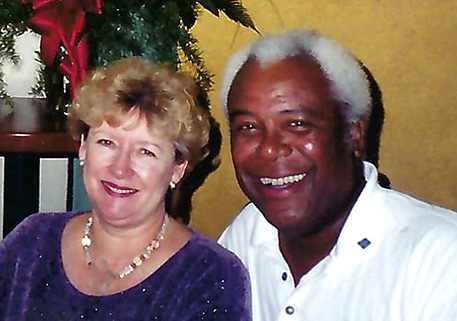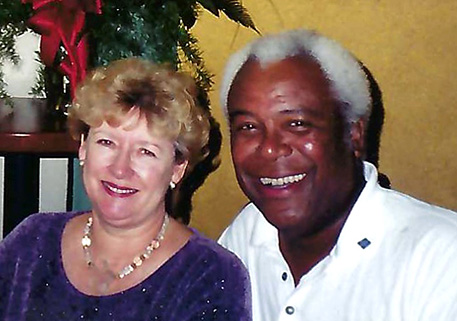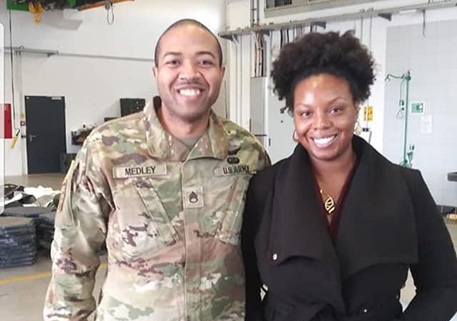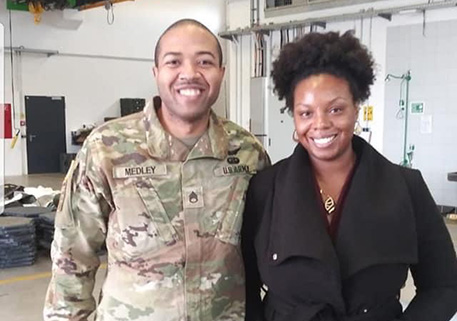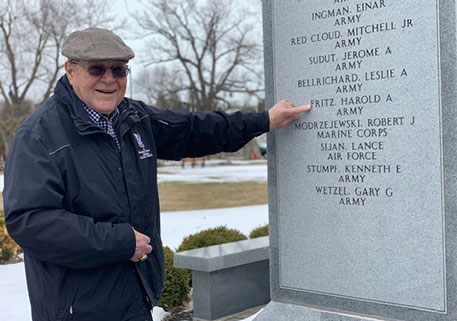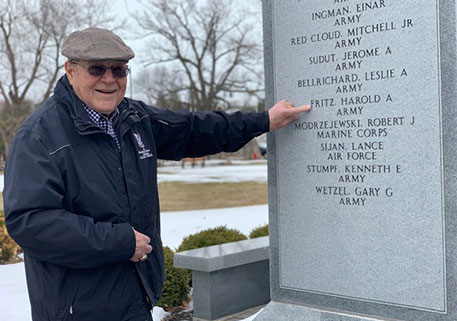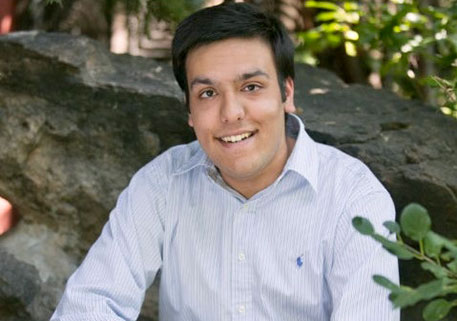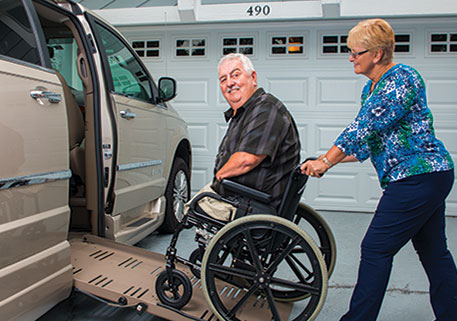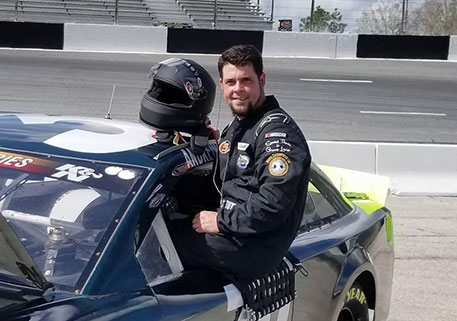

“Full of challenges.”
That’s how retired Army Lt. Col. Hal Fritz humbly describes the day of the Vietnamese attack in which he earned the nation’s highest military award for valor, the Medal of Honor.
For Fritz, that day—Jan. 11, 1969—is filled with memories of intense enemy crossfire and quick, decisive action to save his fellow soldiers.
Both of his gunners were killed in the assault’s opening seconds, and Fritz was thrown from his vehicle. Despite being injured, he jumped atop the burning wreckage and began directing his soldiers.
“I thought we hit a mine,” recalled Fritz, a DAV life member of Chapter 103 in Crest Hill, Illinois. “When I came back to the top of the vehicle, I realized we were in an ambush.”
That’s when Fritz did what combat leaders do. He made split-second decisions under grueling pressure and concentrated enemy fire, risking his life to save others.
“I was trying to get everybody together and get the wounded taken care of,” he added. “We had a lot of fire coming in from both sides of the road, and they were trying to overrun our position.”
According to his Medal of Honor citation, “With complete disregard for his wounds and safety, he ran from vehicle to vehicle in complete view of the enemy gunners in order to reposition his men, to improve the defenses, to assist the wounded, to distribute ammunition, to direct fire, and to provide encouragement to his men.”
But he didn’t just stick to guiding those around him. He got in the fight. Fritz handled a machine gun and, in doing so, continued motivating his soldiers to repel the enemy ambush until the attack broke.
That victory was short-lived, however. A second enemy force advanced within 2 meters of Fritz.
“Capt. Fritz, armed only with a pistol and bayonet, led a small group of his men in a fierce and daring charge which routed the attackers and inflicted heavy casualties,” the citation reads.
Following the battle, Fritz refused medical attention until all the other wounded soldiers were treated and evacuated.
He received the Medal of Honor in 1971 from President Richard Nixon, who said, “Words are very inadequate to add to deeds of self-sacrifice, deeds of very great bravery.
“These deeds speak for themselves.”
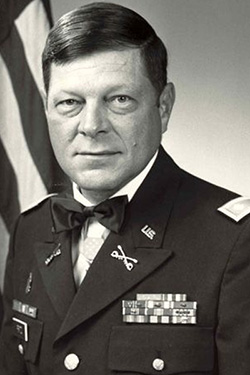

Fritz retired from the Army in 1993. He continued serving those who serve others as an official with the Illinois Department of Veterans Affairs.
Nowadays, he spreads his story to youth and other veterans about the importance of mental health.
Fritz also participated in Operation Cabin Fever III, an event put on by DAV Chapter 17 in Oshkosh, Wisconsin. The day was a chance for the community to rally together to raise money for a local government veterans emergency fund. While Fritz was a highly sought-after speaker for the event, for him, it was a chance to give thanks to those who care for the men and women who served.
“They’re attending this event, not for personal money, but for the personal satisfaction of knowing that they’re supporting the veterans that protect the country,” said Fritz. “And that’s why being at these events is so important.”

